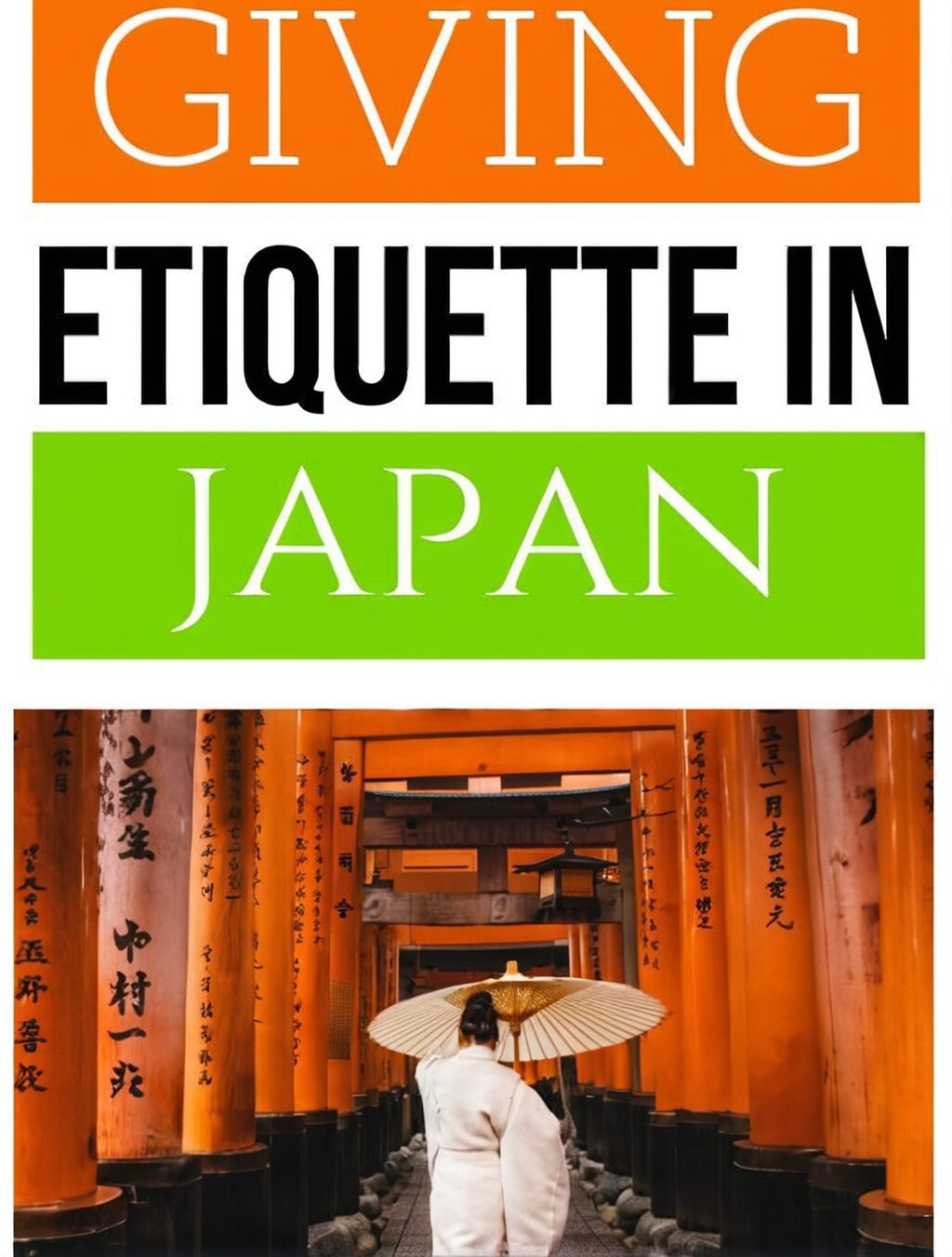Gift Giving Etiquette in Japan: A Guide to Japanese Business Gift Giving Etiquette
Win a Free Trip to Japan!
Experience cherry blossoms and ancient temples
Whether you’re a seasoned pro or a newbie to the world of Japanese business, understanding the intricacies of gift-giving etiquette is crucial. In Japan, gift-giving is an integral part of social and business interactions, and getting it right can make all the difference in building strong relationships. So, let’s dive into the fascinating world of Japanese gift-giving etiquette and uncover its nuances.
What to Give:
- Practical Gifts: Japanese business gifts are often practical and designed to be useful in the recipient’s daily life. Consider items like high-quality stationery, desk accessories, or traditional Japanese items like tea sets or calligraphy brushes.
- Consumables: Edible treats like wagashi (Japanese sweets) or gourmet foods are also popular choices. They symbolize abundance and prosperity.
When to Give:
- First Meetings: It’s customary to exchange gifts during the first meeting to show respect and establish a positive connection.
- Special Occasions: Birthdays, promotions, and company anniversaries are all appropriate times to offer gifts.
Presentation:
- Wrap it Up: Gifts should be carefully wrapped in high-quality paper, often with a decorative ribbon or bow.
- Use Both Hands: When presenting a gift, use both hands to show respect.
Receiving a Gift:
- Express Gratitude: Graciously receive the gift and express your thanks with a sincere “domo arigato gozaimasu.”
- Don’t Open Immediately: It’s considered impolite to open a gift in front of the giver. Wait until you’re in private.
FAQs:
- What’s the Appropriate Price Range? Gifts should be modest and not extravagant. Aim for items within the range of ¥2,000 to ¥5,000 (approx. $15-$50).
- Can I Give Money as a Gift? No, giving money is generally considered inappropriate in Japanese business etiquette.
Navigating the intricate world of Japanese gift-giving etiquette can seem daunting, but with these tips, you’ll be well-equipped to exchange gifts gracefully and effectively. Remember, it’s not just about the gift itself but the thoughtful consideration and respect it conveys. Embrace this unique cultural tradition and build lasting relationships in the dynamic world of Japanese business.
gift giving etiquette in japan

Japanese Gift Giving Etiquette: A Guide to Impeccable Manners
In the intricate tapestry of Japanese culture, gift-giving is an art form that transcends mere exchange and delves into the realm of respect, gratitude, and social harmony. Understanding the nuances of Japanese gift-giving etiquette is paramount for anyone seeking to navigate this fascinating cultural landscape.
The Essence of Gift-Giving:
- Respect and Appreciation: Gifts are a tangible expression of one’s esteem and gratitude towards the recipient.
- Thoughtfulness and Consideration: Japanese gift-giving emphasizes selecting presents that are tailored to the recipient’s needs and preferences.
Appropriate Gifts:
- Practical Items: Gifts that serve a practical purpose, such as high-quality stationery or desk accessories, are highly valued.
- Consumables: Edible treats like wagashi (Japanese sweets) or gourmet foods symbolize abundance and prosperity.
- Traditional Items: Gifts that showcase Japanese craftsmanship, such as tea sets or calligraphy brushes, are cherished.
Presentation and Etiquette:
- Meticulous Wrapping: Gifts should be carefully wrapped in high-quality paper, often adorned with a decorative ribbon or bow.
- Two-Handed Presentation: When presenting a gift, use both hands to convey respect.
- Receiving a Gift: Express gratitude with a sincere “domo arigato gozaimasu” and refrain from opening the gift in front of the giver.
Occasions and Customs:
- First Meetings: Exchanging gifts during the initial meeting establishes a positive connection and demonstrates respect.
- Special Occasions: Birthdays, promotions, and company anniversaries are opportune times to offer thoughtful presents.
- Monetary Gifts: Giving money is generally considered inappropriate in Japanese business etiquette.
FAQs:
- Price Range: Gifts should be modest and not extravagant, typically ranging from ¥2,000 to ¥5,000 (approx. $15-$50).
- Gift Wrapping: Elaborate wrapping is encouraged, as it adds to the overall presentation and shows care.
Japanese gift-giving etiquette is a reflection of the country’s deep-rooted cultural values. By embracing these customs, you demonstrate respect for Japanese traditions and strengthen relationships in both personal and professional contexts. Remember, it’s not just about the gift itself but the thoughtful consideration and appreciation it conveys.
